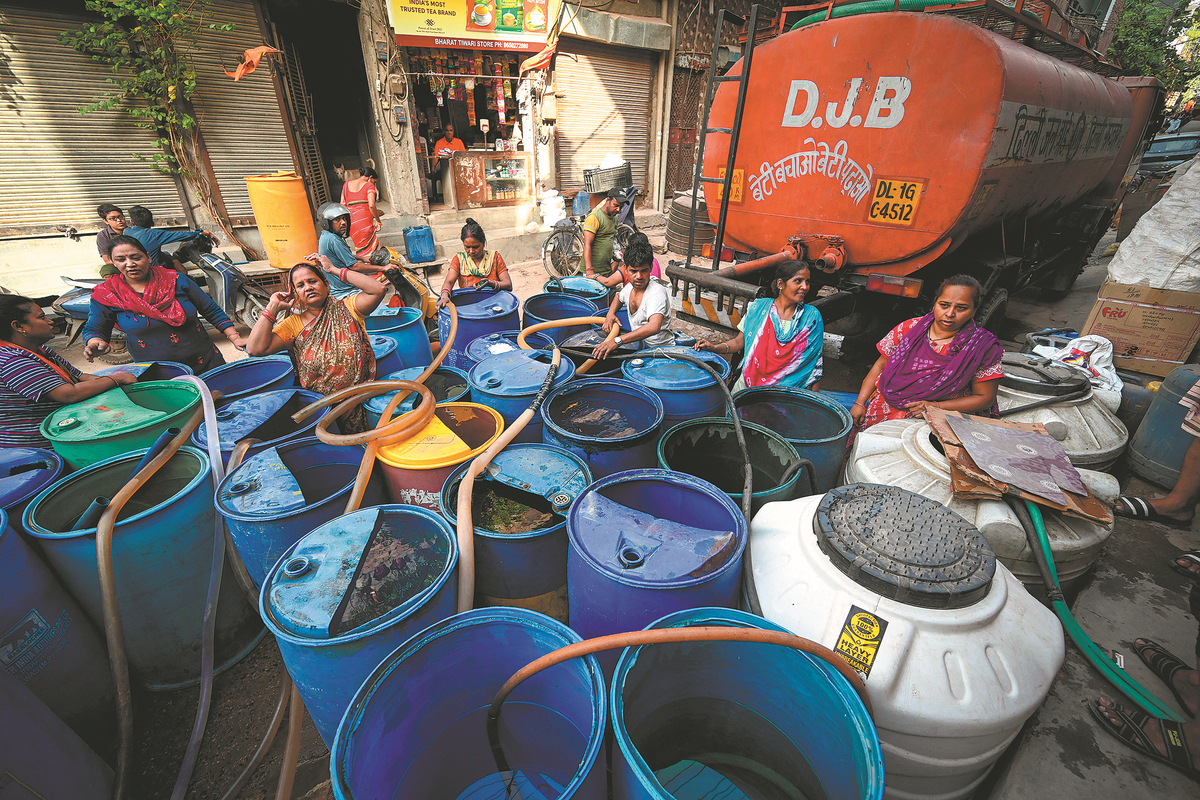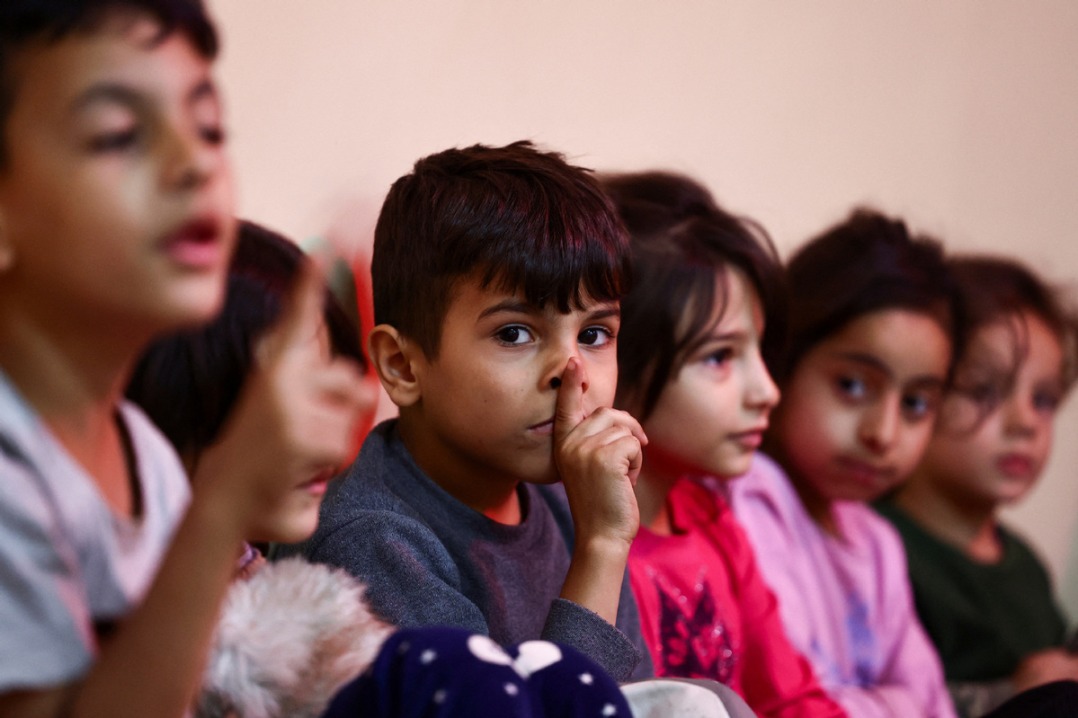Heat waves across Asia stoke health concerns, food security fears
Record temperatures affect people's daily lives, have impact on agriculture, highlight climate change challenges






Vulnerable populations
The impact of the extreme heat in South Asia has been profound, escalating health risks such as heatstroke and dehydration, and affecting vulnerable populations like the elderly and impoverished, said Anjal Prakash, an associate professor and research director at the Bharti Institute of Public Policy, a think tank under the Indian School of Business.
"Agriculture suffers from crop failures and water scarcity, exacerbating food insecurity," said Prakash, who contributes to the UN's Intergovernmental Panel on Climate Change. "Additionally, extreme heat intensifies air pollution and exacerbates energy demands, leading to power shortages and economic strain."
India has had record heat in recent months, with temperatures hovering above 45 degrees for long stretches and even soaring beyond 50 degrees in some regions, according to the Indian Meteorological Department. Since May 14, the capital New Delhi had recorded at least 40 consecutive days of temperatures at or above 40 C till June 22, a department official said.
"I have spent almost four decades in Delhi, but I have never experienced such an excruciatingly painful heat wave," said Prasun Dutta, a retired electrical engineer.
The summer is "not only sapping and draining, it is financially ruining us," said Shyamapada Pal, a 40-year-old farm laborer from Bankura district in West Bengal. "It has been the severest, harshest and cruelest in recent memory."
There were more than 40,000 suspected heatstroke cases and at least 110 confirmed deaths between March 1 and June 18, when northwest and eastern India recorded twice the usual number of heat-wave days, an Indian Health Ministry official said.
More than 450 million people in India work in the informal sector, employed on farms, construction sites or at foundries. They have little job protection or rights, leaving them extremely vulnerable during times of severe weather.
The extreme heat has also depleted groundwater, and water reservoir levels are down to nearly 35 percent of capacity in some parts of the country. In many cities, including New Delhi, local authorities have announced water conservation measures, including a ban on car washing.
"Heat waves and their impacts on water resources will increase manifold in the near future," Sanjay Vashist, director of Climate Action Network South Asia, told environment magazine Down To Earth.
"Shrinking water resources can lead to conflict situations within a country, endangering national security."




















